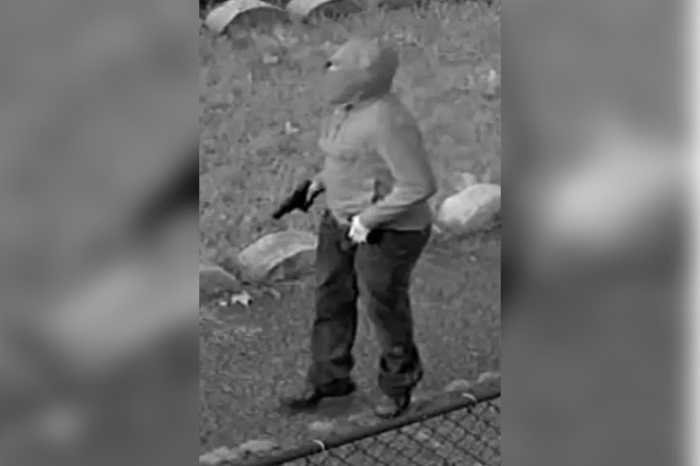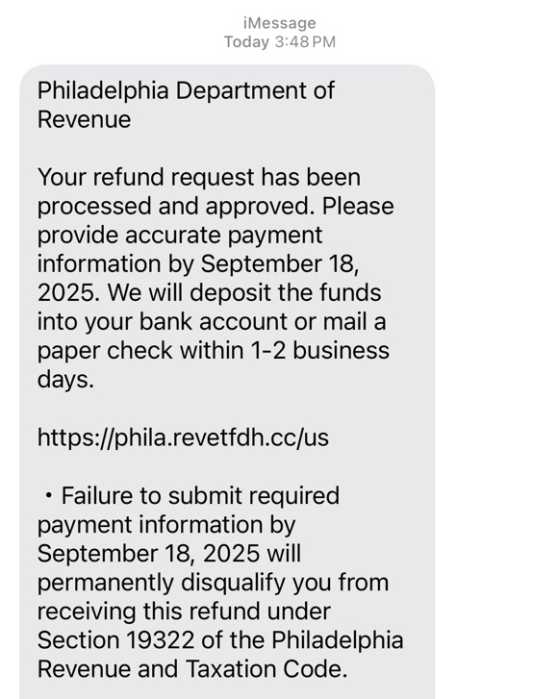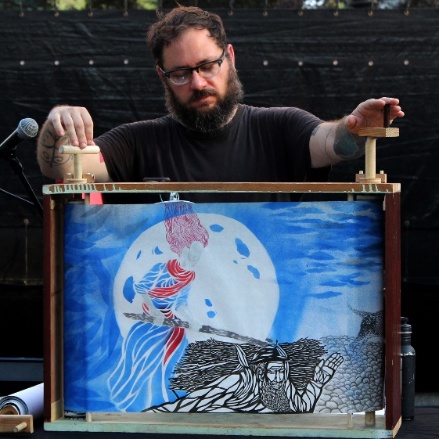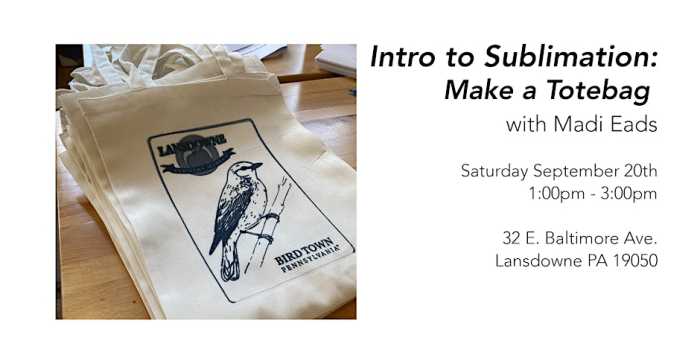Philadelphia could reopen parts of its economy “within a couple, few weeks” if trends continue, Mayor Jim Kenney said Tuesday, giving the first official indication of when coronavirus-related restrictions may begin being lifted.
Weeks ago, the city was routinely logging about 500 cases a day. Now, officials are reporting less than half of that total.
In addition, nursing homes, which have been hit particularly hard by the virus, are registering single-digit case counts daily, officials said. Facilities in the city had been reporting a total of 50 to 100 positive tests a day.
Still, Kenney urged residents to continue wearing masks and being smart. He bemoaned people disregarding social distancing, as well as “misinformation” from President Donald Trump.
“People have to understand that it’s their responsibility to get us to yellow, to get us to green,” he said, referring to Gov. Tom Wolf’s color-coded reopening plan. “I would ask for common sense, maturity and just be a good person to get this done.”
Philadelphia passed the 20,000-case threshold Tuesday, with an additional 179 positive tests. Officials reported nine additional virus-related deaths, raising the city’s toll to 1,049.
While 20,000 is a lot, Health Commissioner Thomas Farley said it represents only a fraction of the real numbers of cases in the city, since those who are asymptomatic and others with mild symptoms likely haven’t been tested.
“It easily could be a fifth,” he said. “It could be that 100,000 people or more in this city that actually have the infection.”
All inmates to be tested
Kenney announced that the city will begin testing all inmates in its jail system on Wednesday. Previously, only prisoners with symptoms were being tested.
Cases inside the municipal prisons, which were once a hotbed for the virus, have fallen sharply. In the past 10 days, there have only been two new cases. Three inmates are actively battling the infection.
Prisons Commissioner Blanche Carney said it will take two weeks to test all 3,809 inmates. Results will be released in early June.
So far, 276 prisoners have been tested and 71 percent, or 197, have been confirmed positive for COVID-19. One inmate, a woman in her 40s with an underlying medical condition, died last month from complications related to the virus.
Officials said they were able to make the change due to increased availability of testing supplies. There are currently no plans for a second round of tests, but all prisoners will be checked before being transferred to another facility.
All those at the Philadelphia Juvenile Justice Services Center will also be tested. Two juveniles held there have had COVID-19 and since recovered.
State releases nursing home data
Gov. Wolf’s administration released data Tuesday showing for the first time the number of COVID-19 cases in each of the state’s nursing homes. It also shows deaths and cases among employees.
Officials had previously not provided information related to specific facilities.
“Long-term care facility residents are among the most vulnerable Pennsylvanians, and we want their families to have the latest information on what is going on in the facilities in which their loved ones reside,” Health Secretary Rachel Levine said in a statement.
Nursing home residents have accounted for about 68 percent of all coronavirus-related deaths in the state and 54 percent of fatalities in Philadelphia. More than 550 nursing facilities in Pennsylvania have logged at least one case.
In the city, the Immaculate Mary Center for Rehabilitation and Healthcare in Holme Circle recorded the highest death count at 34, followed by Oakwood Healthcare and Rehab Center in Bustleton.
Last week, state officials sent out a memo detailing a plan to test all nursing home residents.
Farley said it would be a difficult undertaking; however, in city nursing facilities that have conducted universal testing, it has been shown to help, he added.
“I’m not sure how quickly that’s going to take place, but I think that’s a good idea,” Farley said.
To view case counts by nursing home, visit www.health.pa.gov.




























